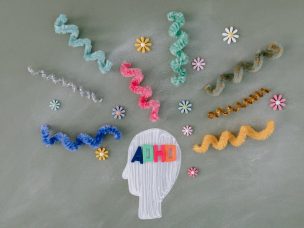According to a study published in JAMA Psychiatry, children on Medicaid are more than twice as likely as those with private insurance to be diagnosed with a neurodevelopmental disorder.
Neurodevelopmental disorders (NDDs), such as ADHD and autism, have been linked to worse social and health outcomes. Harvard University researchers analyzed data from more than 3.3 million U.S. children to identify differences in the incidence and timing of NDD diagnoses.
The researchers learned that approximately 14.5% of children on Medicaid were diagnosed with ADHD compared to 5.8% of children with private insurance. Moreover, ADHD was found to be diagnosed by age 8 more commonly in boys than girls. It was also found to be diagnosed by age 8 more often in white children than in children of other racial/ethnic backgrounds.
The significantly higher rate of children on Medicaid diagnosed with ADHD was attributed to several factors that warrant further research. These factors, including exposure to toxic substances and environmental pollutants, are associated with poverty and put children at risk for developing ADHD.
Additionally, mothers on Medicaid have less access to healthcare services, which increases their risk for potential health issues and complications that contribute to the development of ADHD in their children.
A call to action is made for more research and advocacy in this area to address modifiable risk factors for ADHD and support earlier diagnosis and treatment of ADHD, especially for racial/ethnic minority girls on Medicaid [1].
Source:
[1] Straub, L., Bateman, B. T., Hernandez-Diaz, S., York, C., Lester, B., Wisner, K. L., McDougle, C. J., Pennell, P. B., Gray, K. J., Zhu, Y., Suarez, E. A., Mogun, H., & Huybrechts, K. F. (2022). Neurodevelopmental disorders among publicly or privately insured children in the United States. JAMA Psychiatry. https://doi.org/10.1001/jamapsychiatry.2021.3815










